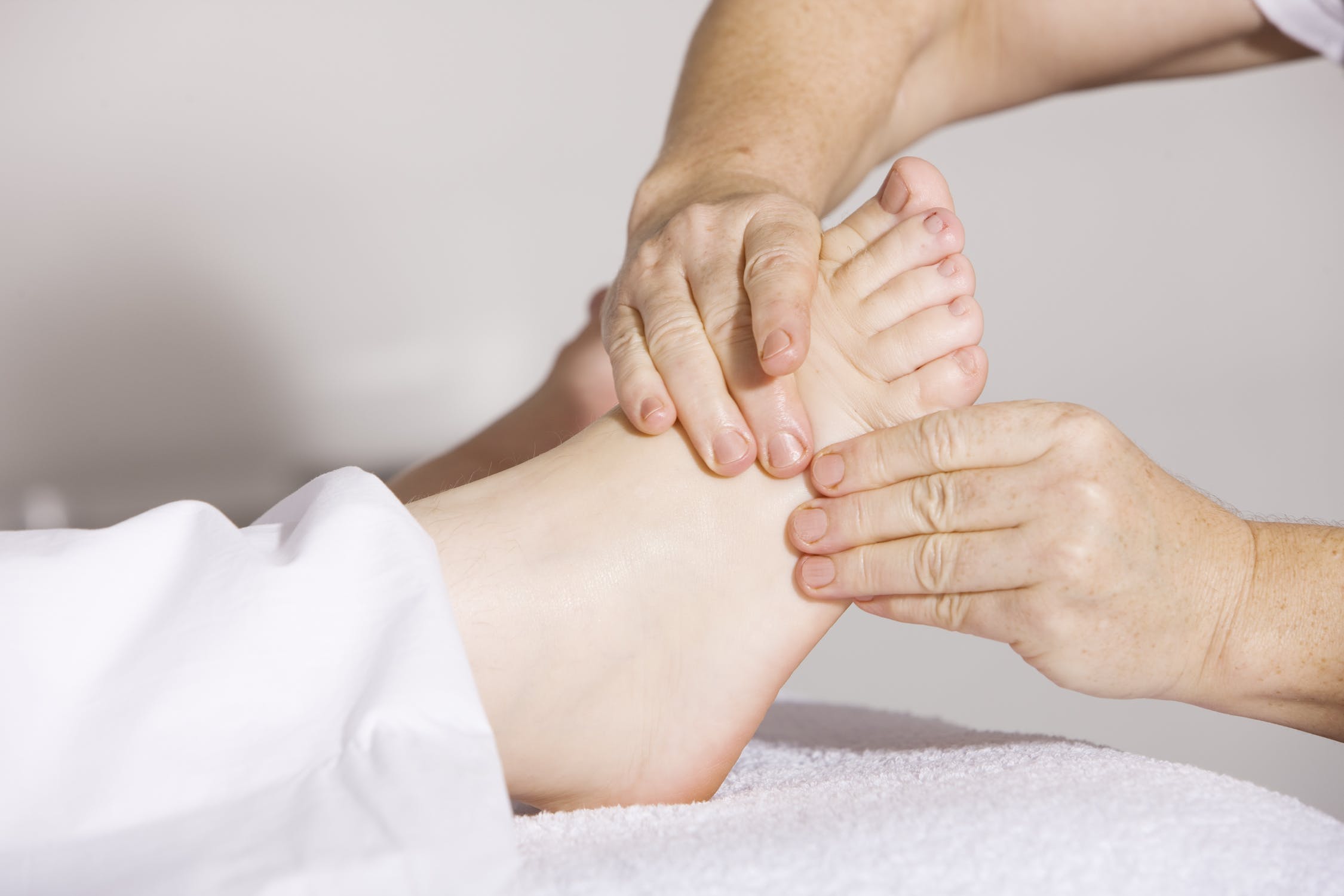Anytime you receive a wound of any kind, you should be alert to the danger of serious infection and take immediate steps to minimize your exposure to bacteria, viruses, and fungi. A few basic steps will keep from a welcoming environment for these agents. Cleaning bandaging and professional care, when needed, will ensure your body has the opportunity to fully utilize the natural ability to heal wounds that may occur.
- Wound Cleaning
Always wash your hands first before tending to a wound. If bleeding, apply pressure to the area for several minutes. If bleeding continues, you may need to see a doctor for stitches. Once the bleeding has stopped, rinse the wound carefully with clean water. Avoid the use of strong antiseptics. Use a soft washcloth and soap to clean around the wound, without touching the wound itself. Apply an antiseptic ointment, such as Neosporin, to the wound. If the wound is large or in an area where it will be bumped, apply a bandage.
- Proper Bandaging of Wounds
Bandages for wounds should be of a soft fabric that does not abrade the tissue and should cover over the edges of the wound for proper healing. Regular changing of bandages is another important factor in healing. The schedule of replacing your bandages will depend on the type of wound and other factors, but a dressing on a wound should be changed at least daily to promote fast healing. New bandaging products such as films and hydrogels provide the moist, covered environment that best promotes healing of tissues.
If the wound is in an area where it receives constant rubbing or pressure, you will have to find a way to prevent this contact, which will prevent healing. If the wound is located on the feet, you may require help from a podiatrist like Scola, Jere Ato ensure that the area is free from irritation and pressure and is able to heal normally. This process may require using special padding or wearing special shoes that prevent pressure on the area.
- Medical Conditions Can Affect Wound Care
Some medical conditions can affect your body’s ability to heal wounds normally. If you have diabetes, heart disease or problems with immune system function, you will have to be particularly careful about wound care and healing. Your physician can help you care for any wound that occurs.
Most wounds are minor and heal quickly. However, if you have a more serious wound, you should give it the proper attention it needs to ensure fast healing. These tips will help you to heal quickly from any wound. However, if you experience redness, increased pain or discharge from a wound, see your doctor immediately for additional care.
By Meghan Belnap
All rights reserved. Any reproducing of this article must have the author name and all the links intact.






